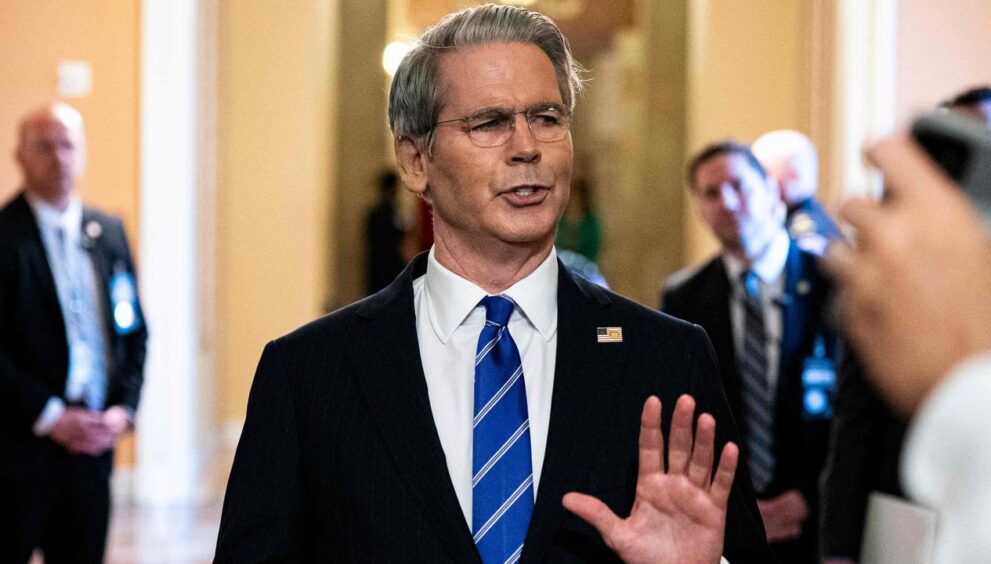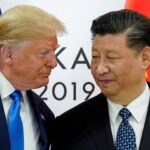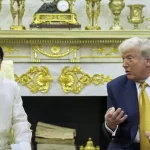U.S. Treasury Secretary Scott Bessent announced that he will meet with his Chinese counterpart next week in Stockholm to discuss what is expected to be an extension of the August 12 deadline for reaching an agreement to prevent significant tariff increases.
Bessent stated that trade relations with China are currently in a positive state, and the meetings are scheduled for Monday and Tuesday in Stockholm.
He expressed optimism about the progress made, saying that discussions have reached a new, constructive phase, enabling substantial work now that trade tensions have stabilised at a manageable level.
Swedish Prime Minister Ulf Kristersson confirmed on social media that Sweden will host the talks early next week, highlighting the positive step of both nations seeking mutual understanding.
China’s embassy in Washington has yet to confirm details regarding the planned discussions or Chinese representatives.
Since mid-May, Bessent has held two meetings with Chinese Vice Premier He Lifeng in Geneva and London to develop and refine a temporary trade truce, which reduced the risk of escalating tariffs that could have severely disrupted trade between the two largest economies.
Previous talks also involved U.S. Trade Representative Jamieson Greer, Commerce Secretary Howard Lutnick, China’s Commerce Minister Wang Wentao, and chief trade negotiator Li Chenggang.
Among agreements reached so far, China has lifted its export ban on rare earth metals and magnets to the U.S., while the U.S. has resumed shipments of semiconductor design software, production materials, commercial aircraft engines, and other products to China.
The two sides initially set a 90-day timeline to address more complex issues, including U.S. concerns about China’s state-driven and subsidised export model, which has led to excess manufacturing capacity and an influx of inexpensive goods into global markets. China rejects claims of subsidies, attributing its export success to innovation.
If no deal or extension is reached, tariffs could return to previous high levels of 145% for the U.S. and 125% for China.
Bessent said the Stockholm meetings will likely focus on extending the deadline and tackling other issues, such as encouraging China to reduce its heavy dependence on manufacturing and exports.
He hopes China will scale back on overproduction and shift toward developing a consumer-based economy.
Additionally, Bessent plans to address concerns over China’s ongoing purchases of Russian and Iranian oil, despite sanctions, and its support for Russia’s military actions in Ukraine.
He noted bipartisan backing in the U.S. Senate for legislation proposing 100% tariffs on goods from countries, specifically China and India, that continue buying Russian oil.
Bessent emphasised the importance of cooperation with European partners, urging them to enforce strong secondary tariffs on Russian oil imports.
He also mentioned upcoming trade agreements with other countries, including Japan, despite recent political challenges there.
While tariffs are expected to revert to levels seen in early April from the current 10%, negotiations on trade deals will continue.



